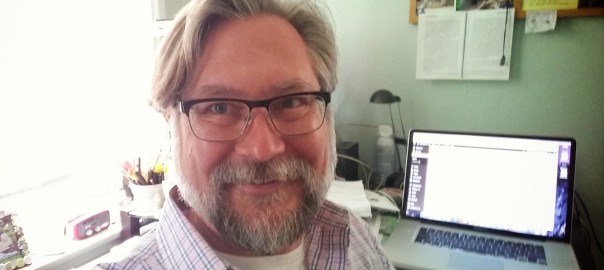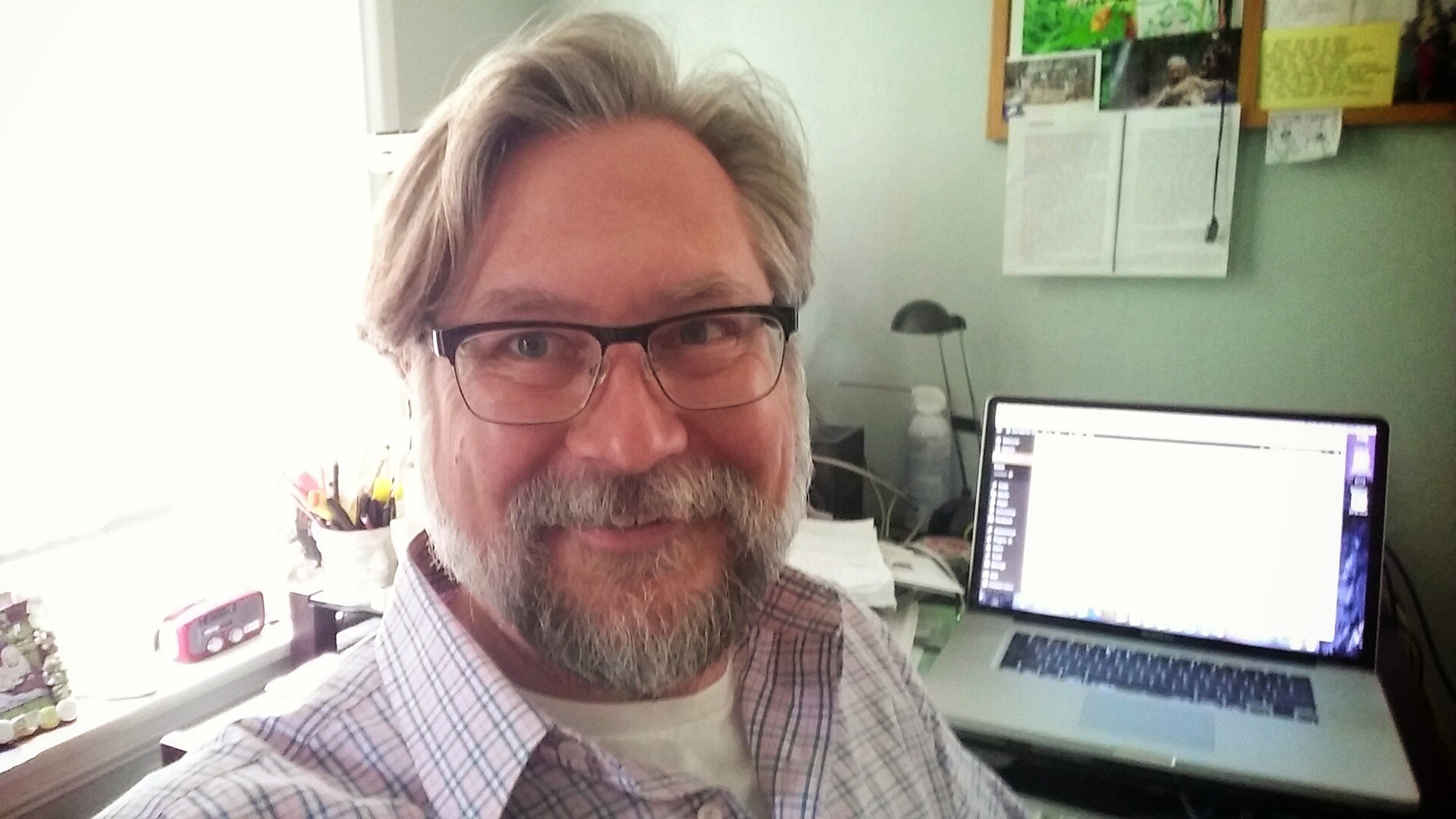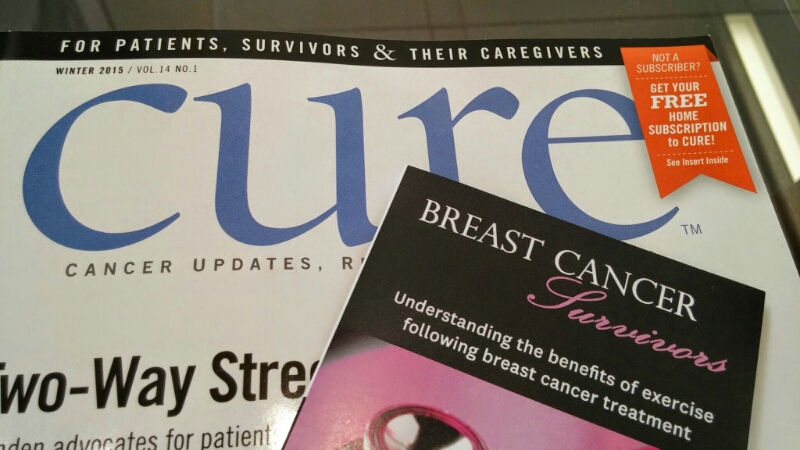Nobody likes slogging through the shit. That’s pretty safe to say. But sometimes it must be done, whether we like it or not. If there are going to be hardships, we are told to look for a “Silver Lining,” as though our upside-down umbrella will magically fill with pennies. In the shit, those pennies might be damn near impossible to see.
Many people retreat as a first resort. Hide from the problems rather than face them. I would go so far as to suggest that such behavior is basic human nature: fight or flight syndrome, where running from danger is our first instinct — until we are cornered. The problem with health issues such as Cancer is that, whether one wants to admit it or not, the patient is ostensibly cornered before there is even a proper diagnosis. So any flight that may be attempted is not only in vain, it is illusionary. Being the ostrich may offer a temporary sense of calm to some people, but it also does nothing to help move through the difficulty and onward toward a better existence.
Self-help gurus and the proponents of countless “programs,” and also probably my mother at some point, have said that we grow through our challenges. In truth, it is the struggles in life both big and small that build what we call “character.” That nebulous term applies Continue reading Embrace the Bad Stuff, It’s Good for You




